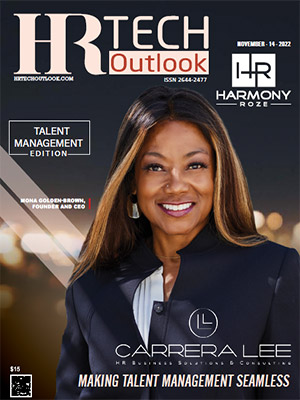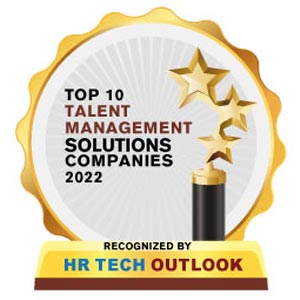The last two years were a learning curve that tested our moral strength and taught us to adapt to adversities. The world changed drastically, driving every organization to prioritize transformation. They realized the importance of making the right talent decisions and improving employee experience. This specifically became essential with the great resignation that adversely impacted companies across the globe.
However, as the pandemic subsided, several enterprises that were earlier heavily reliant on a remote workforce are now planning to adopt a new combination of on-site and remote working —the hybrid model. The new work model is expected to provide greater access to skilled talent, increase employee productivity, reduce costs, and improve employee experiences.
Given the current climate, companies need to create a model that best suits their workforce needs and availability and encourages social cohesion and belonging while benefitting the business. This will protect critical roles and practices and ensure long-term viability through newer, more efficient talent management practices like Recruitment Process Outsourcing (RPO). The connected workforce will also make talent acquisition and engagement easier and hire specialists using cutting-edge analytics tools to fill critical roles, skill pools, and talent systems.
Businesses will expose themselves to significant future risks by failing to understand employee needs. As a result, a certain section will emerge as true leaders in treating their talent as renewable resources, while others will be left behind in dealing with mass layoffs or high attrition. Organizations should realize this opportunity and hire specialists to boost their talent management initiatives and bring the company to the right side of the equation.
Let us know your thoughts.



















